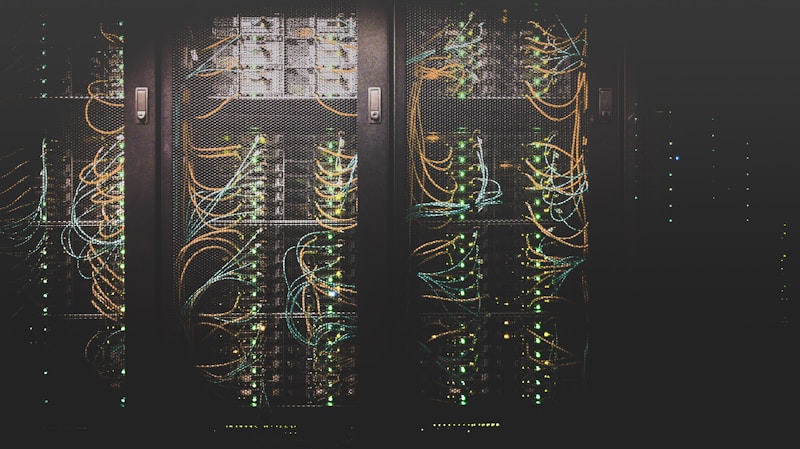In a landmark deal that reshapes the AI hardware landscape, AMD and OpenAI announced a partnership to deploy 6 gigawatts of AI infrastructure using AMD chips—a contract valued at tens of billions of dollars over four years. This agreement includes an unprecedented equity component that could give OpenAI approximately 10% ownership of AMD.
The Deal Structure
The partnership includes an unusual penny-stock warrant structure: AMD granted OpenAI the right to purchase 160 million shares at just one penny each if certain milestones are achieved. This innovative arrangement aligns both companies' long-term interests far beyond a traditional supplier relationship, fundamentally changing the dynamics of AI hardware partnerships.
Following the announcement, AMD shares surged 34% to $203.71, adding roughly $80-100 billion in market capitalization. Investors celebrated the validation of AMD as a credible alternative to Nvidia's near-monopoly in AI accelerators.
Breaking Nvidia's Grip
For years, Nvidia has dominated the AI chip market with its GPUs, creating supply constraints and pricing power that concerned many AI companies. This AMD deal represents OpenAI's strategic move to diversify its hardware suppliers and reduce dependence on a single vendor—a concern shared across the AI industry.
AMD's MI300 series chips have been gaining traction for AI workloads, offering competitive performance at potentially lower costs. The 6-gigawatt infrastructure deployment signals OpenAI's confidence in AMD's technology for training next-generation models like GPT-5 and beyond.
Industry Impact
This partnership could trigger a broader shift in AI hardware purchasing. Other major AI companies watching OpenAI's success with AMD chips may accelerate their own diversification efforts, potentially reshaping market share in the lucrative AI accelerator space.
The deal also highlights the massive infrastructure investments required for frontier AI development. Six gigawatts of computing power—enough to power a small city—underscores the energy-intensive nature of training large language models and the scale needed for future AI capabilities.
Competitive Landscape
Microsoft, OpenAI's largest investor and cloud partner, has been working with various chip makers to reduce Azure's Nvidia dependency. Google has its own TPU chips. Now, OpenAI's direct AMD partnership creates additional pressure on all players to secure diverse, cost-effective compute resources.
For AMD, this deal represents vindication of years of investment in AI-optimized processors. CEO Lisa Su has positioned AMD as the performance-per-dollar leader in data center computing, and this OpenAI partnership provides the credibility needed to win more enterprise AI customers.
The technology landscape for training and deploying AI models is becoming more competitive and diverse—ultimately benefiting the entire AI ecosystem through increased innovation and lower costs.
